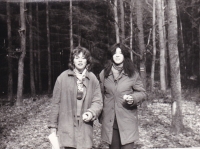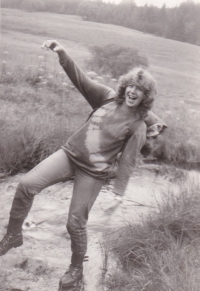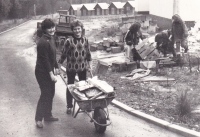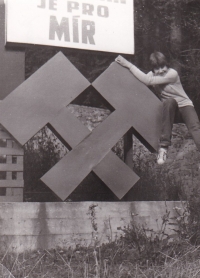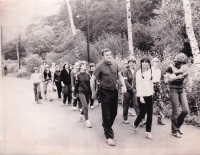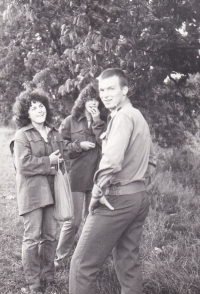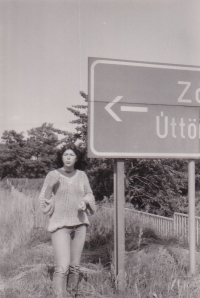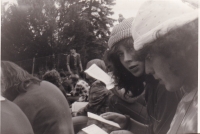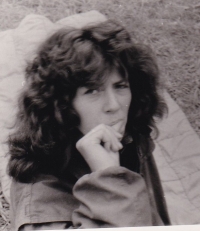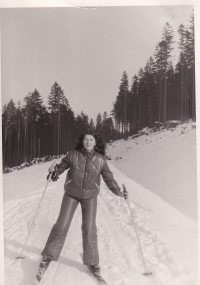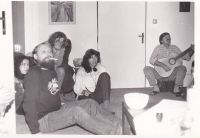It is important not to be afraid more than is absolutely necessary
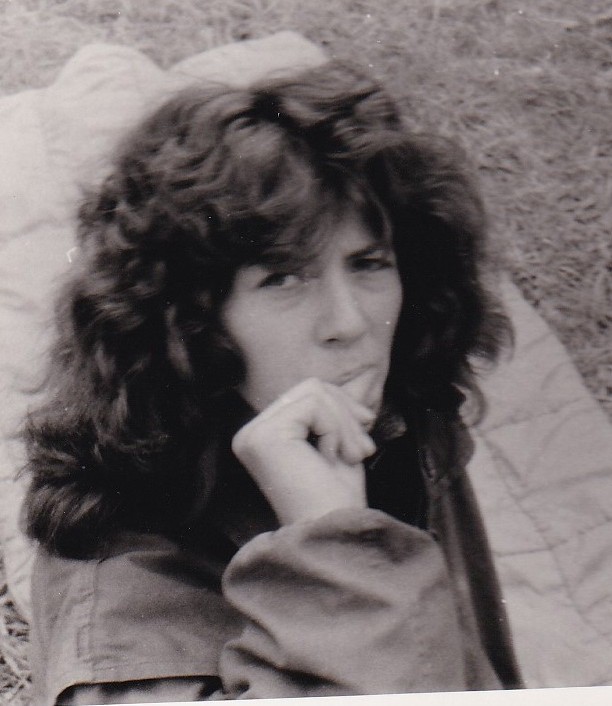
Download image
Dana Reiterová, née Lebedová, was born on February 12, 1966 in Příbram and lived with her family in Zalužany. Her father worked as a miner in the uranium mines in Příbram and left the Communist Party in 1968, which is why her brother was not allowed to study high school. In the era of normalization, she had to take part in the May Day parades, and during the Příbram march for peace, the teacher forced her to go ahead with a banner. After high school of economics, she went to Prague, where she felt greater opportunities for cultural and social activities, including anti-regime activities. She first worked at ČKD, then from 1986 to 1988 as a producer in the newly built Palace of Culture. Due to the copying and distribution of anti-communist publications, it was interrogated by the secret police, after which the leaving of the Palace of Culture was necesary. She found a new job on Czechoslovak Radio in the editorial office of the program Mikrofórum. At first, as a part-time worker, she received inquiries from viewers for broadcasting, later she worked as a producer. She took part in a large demonstration on August 21, 1988 in the centre of Prague, a few days later she saw Václav Havel at the folk festival in Lipnice nad Sázavou for the first time, she also attended a concert by exiled singers Jaroslav Hutka and Vlasta Třešňák in Budapest. In the days of November 1989, she was to perform in the ranks of the amateur theatre ensemble in Prague 4, but after the intervention against the student demonstration on November 17, 1989, the ensemble went on strike like other theatre-goers. In the editorial office of Mikrofóra she experienced the days of the Velvet Revolution, the mentioned program was one of the first to report truthfully on what was happening in Prague on the then Czechoslovak Radio. After her maternity leave, she did not return to the radio and today she works in the library of Emanuel Bořický in Milín, where she also lives.
